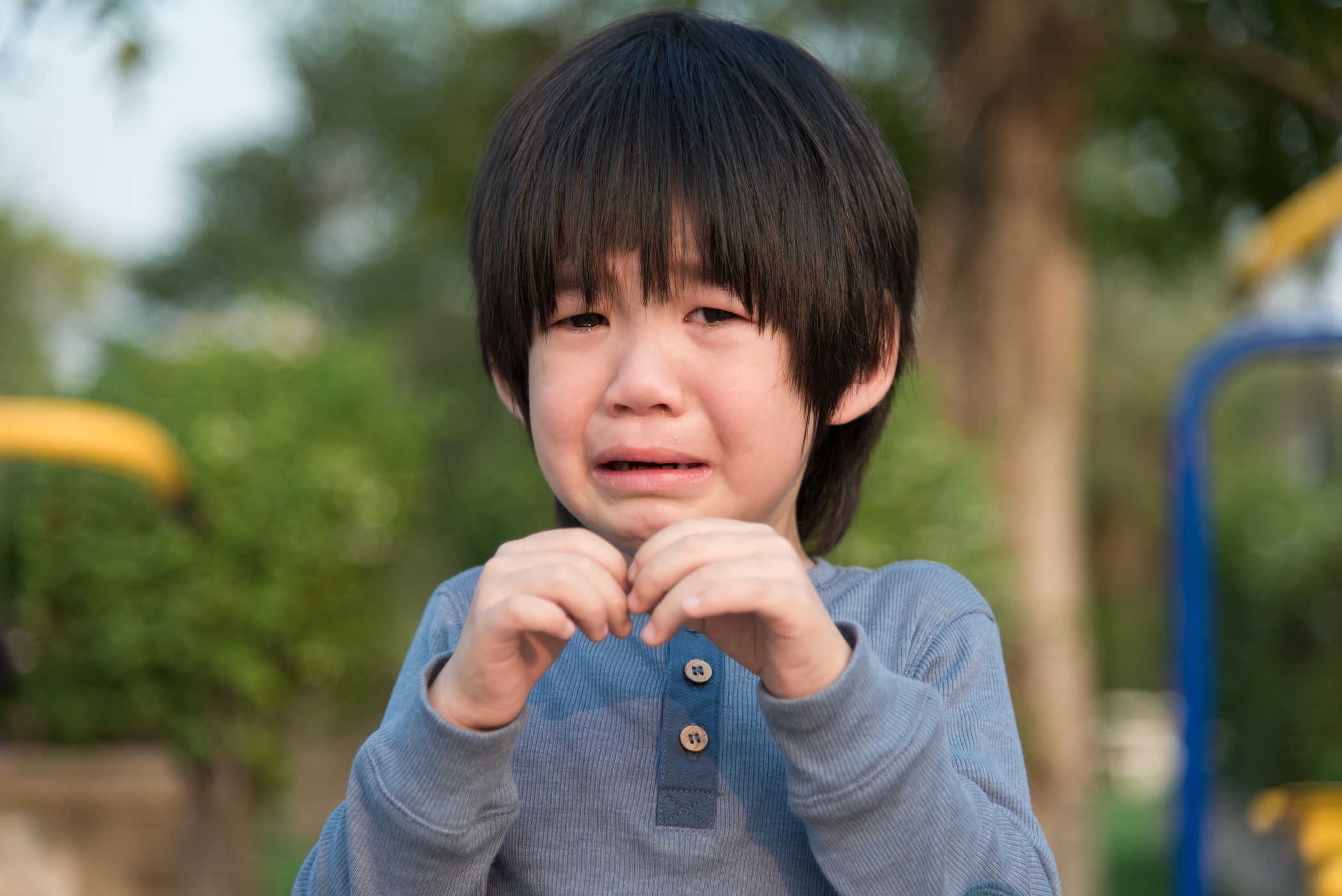Contents:
Medical Video: HUGE Toddler Tantrum in Restaurant | Jo Frost: Nanny On Tour
We often think that children who like tantrums and rampage are signs that the child cannot be regulated. In fact, according to Sarah Ockwell-Smith, founder of the BabyCalm parent-child learning program, at The Telegraph, how annoying your child's tantrum is, this is a part that cannot be separated from the child's growth process.
During the period of growth and development, the child will test his limits, get autonomy, touch everything in front of him, have an overflow of energy, and can be very stubborn. Tantrum generally occurs because children have strong emotions that they cannot, and do not know how, handle.
"A toddler's brain is different from an adult's brain, even with the brains of older children. They do not have self control and good emotional regulation. So, when adults think that raging without reason in public is inappropriate, toddlers won't understand, "said Ockwell-Smith," They will do it anyway, because tantrum is a biological thing. "
When your toddler is stunned at home, it's easy to overcome it. You can put your child in his room, go away, or ask for help from the house to calm him down. But what about when a child is in a public place, for example when you shop and he whines to ask for his favorite snack? Not to mention the judgmental gazes of the people around, making it difficult for you to deal with your little one's tantrums.
Cuekin only
Scolding your little one will only aggravate his emotions. What's more, if you give punishment for the tantrum. Your child will begin to save his anger and frustration in himself. Of course this is not healthy for him.
Jay Hoecker, MD, a pediatrician from Minnesota, reported from parents.com, likening the tantrum process to the situation of drowning people. "When you see people drowning in a lake, you won't be able to scold him or immediately teach him to swim, right?"
The reason is, during tantrums, babies will not think clearly. He will be controlled fully by his emotions. This overflowing emotion "colonizes" the child's front cortex, the area of decision making and judgment. "Therefore, persuading will not bring results, let alone force or scold, because the part of his brain that can do that is not working," explained Hoecker.
There is nothing you can do now to make it better. Just remember that your little one (and other small children) has the right to tantrum, but you have the right not to get involved in the tantrum. So, just ignore it!
The purpose of tantrum is to get your attention. When you persuade or force your child to stop his whining, it means you encourage your child to do a tantrum later on because he has managed to get what he wants: your attention, good or bad.
If you and your little one are in a shop when he suddenly gets a tantrum, don't give any reaction, not even your eyes. If the whining gets worse, immediately get out of the store and find a quiet place for the child to be able to let go of his anger until he is satisfied. Meanwhile, you can play cellphones, read books, or take a break. When he is tired of whining and recovering from tantrums, then you can talk or continue shopping.
Not that you are a bad parent if you ignore a child who is tantrum. Crying and whining at tantrums actually help children to vent their emotions in a non-destructive way. They can issue unrest, recover themselves, and regain self control, all with their own efforts without involving themselves in fighting to shout with you.
Hug
When you see a child going berserk, maybe hugs are the last thing you can think of. Tantrum children do make us as adults tend to follow emotions. However, as a parent, staying calm is the best step you can take.
Hugs can make a child feel safe and know that you care, even if you don't agree with his actions. But, not just any hug. Give a tight, firm grip, not a sweet hug to lull, and don't say anything as long as you hold your little one.
"Tantrum will be a big problem when parents give up too soon or too often, teach children that to get what they want, tantrum is the best solution," said Diane Ryals, family life educator at the University of Illinois, quoted from sheknows.com.
Thorough preparation
Keep in mind that children and toddlers are more likely to vent their emotions when hungry or exhausted. So, if you are going to do monthly shopping, for example, make sure that your child goes full and has enough rest.
As long as you shop, it's a good idea to fill your bag with 'weaponry' to keep your child busy or can be used as a distraction when he shows signs of tantrums. Bring along your candy, biscuits, favorite toys or tablet gadgets. These objects look trivial, but can be a powerful aid in an emergency.
In addition, setting basic rules when walking around the store will also help reduce the risk of tantrums. Before you reach your destination, you can explain to your child that the purpose of going to the mall is to buy food, not ice cream or new toys.
Frustration also causes children to like tantrums. If you know at the mall that you are headed there is your child's favorite candy store or toy, make sure to take the time to visit the place or think twice about traveling in the mall. Thinking of reactions that he might show, consequences, and all alternatives does not mean you give up; that is to say, you are becoming a wise parent.
READ ALSO:
- Science behind the role of music in helping children learn to talk
- Easy solution so that children are fond of eating fruit and vegetables
- How much salt does the child's body need?












